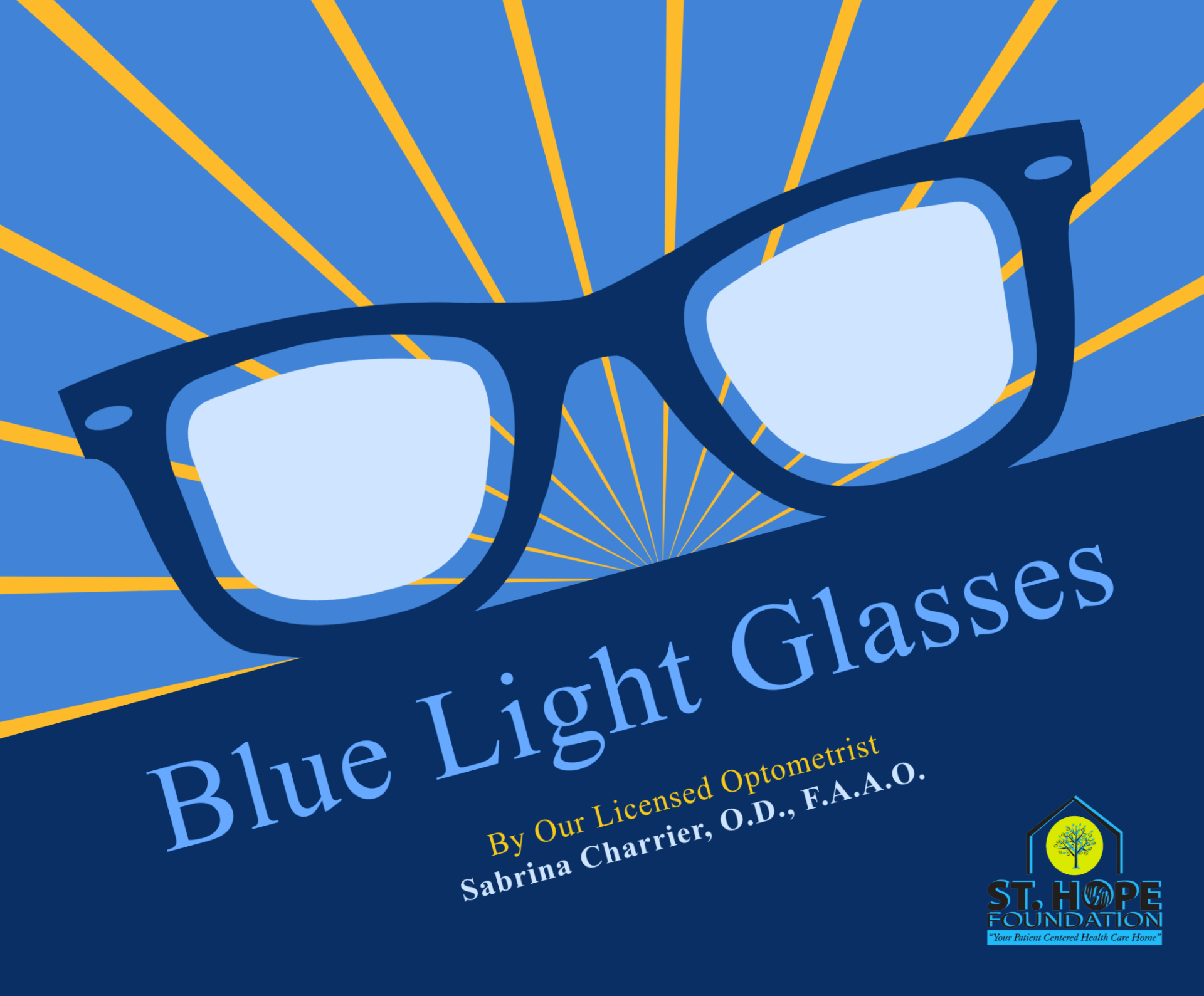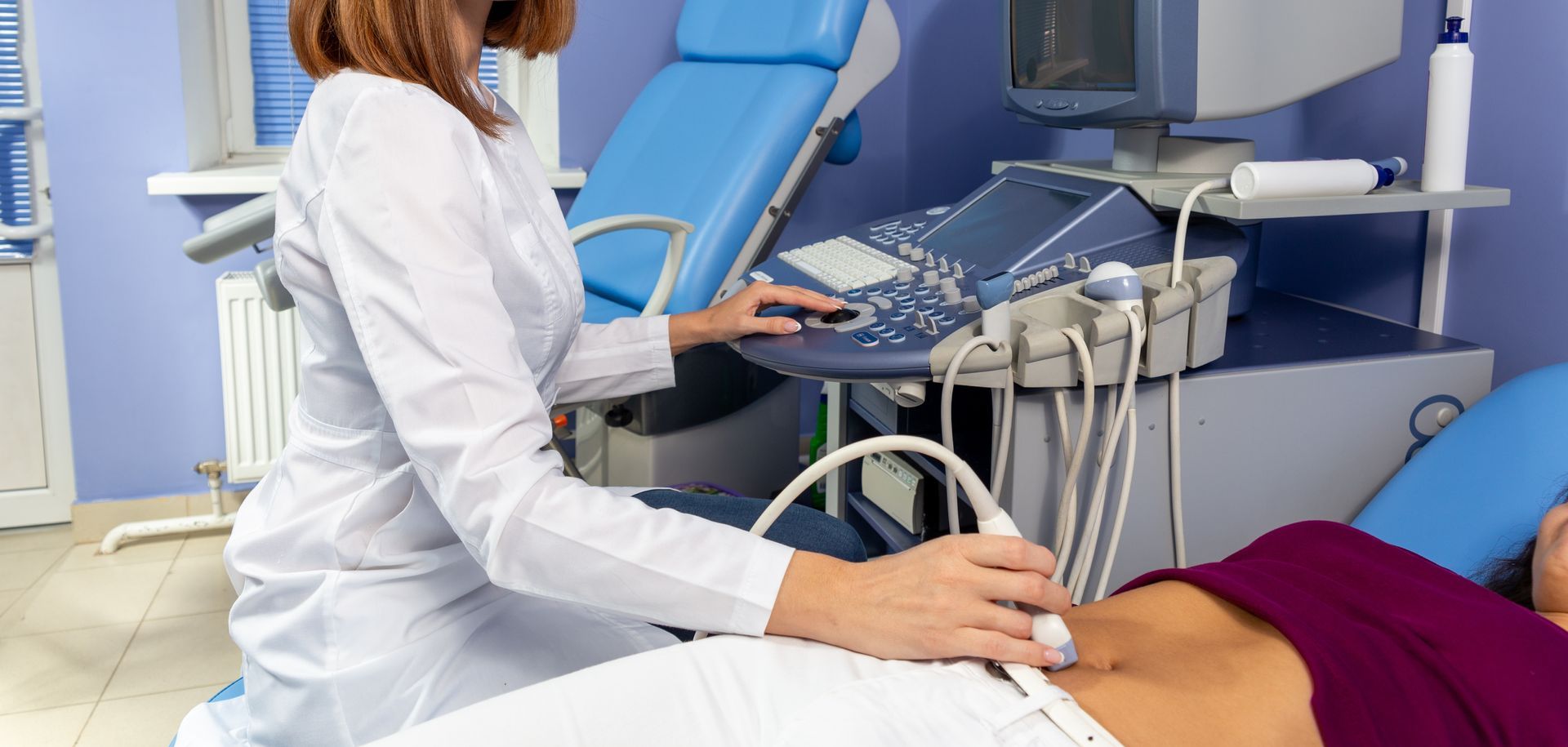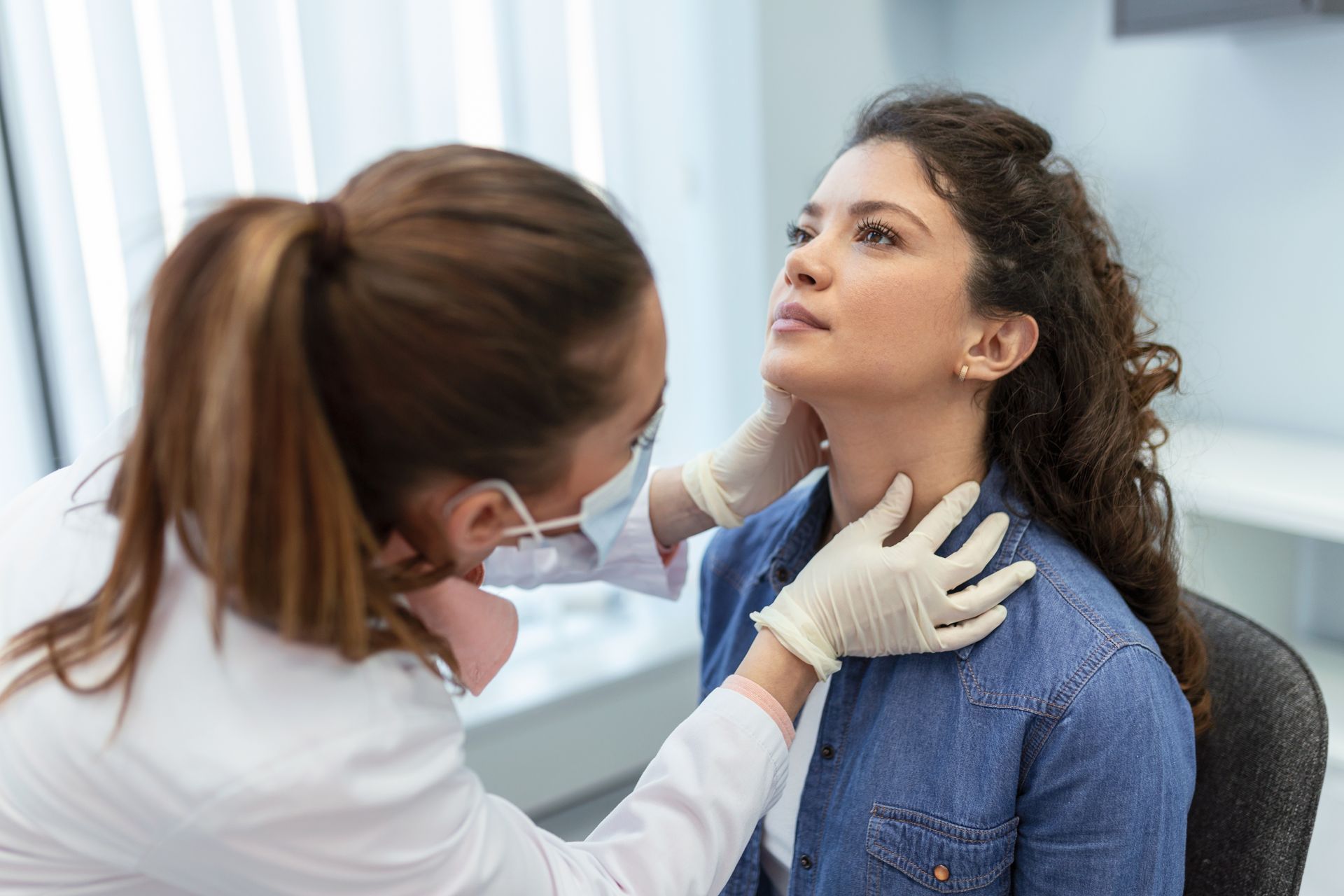Recent Posts
Blue Light Glasses

I recently was at my dentist’s office where blue light glasses were brought up. In particular, we were discussing the effect of blue light before bed and interrupting the sleep cycle. They have also been marketed for helping keep your eyes from feeling tired while on devices. I thought I’d take a moment to give you a little information about it.
Blue light became immensely popular over the past year when screen time increased ten fold. All of a sudden we had Zoom calls, virtual school, and Netflix binges leaving our eyes tired and our sleep disrupted. The claim was that blue light glasses can help as they filter out the blue light we’re exposed to from these devices. The visible light spectrum has blue light right next to ultraviolet light. We get a ton of blue light from sunlight. LED screens also emit blue light. It is less than what we get from the sun but more than regular bulbs.
Here’s the deal though: there isn’t really any evidence that they help. It has been more anecdotal. “My friend tried these glasses and their eyes don’t feel tired any more!” However, there isn’t a scientific explanation for the relationship between blue light and tired eyes and what damage may be occurring. Furthermore, studies have now been conducted to show that the glasses did not actually alleviate the symptoms of too much screen time. Research is still ongoing to find at what wavelength (UV and blue light) cell damage can occur. We get about 1,000 times more blue light from the sun as compared to screens so the thought is that if we were having damage from blue light, it would already be happening.
Digital eye strain is the villain in this story. Staring at screens for prolonged time periods can cause issues like headaches, tired eyes, dry eyes, and blurry vision. Fortunately, these symptoms are not permanent and when you decrease or stop screen time, your eyes can feel normal again. Blink rate decreases causing our eyes to dry out more often. Attempting to focus or prolonged focusing, especially without the correct prescription, can cause headaches and blurred vision for far away and up close.
Now for the sleep cycle question: blue light glasses may actually help. You naturally produce melatonin in your body. Blue light exposure can disrupt the circadian rhythm and suppress the production of melatonin. Try putting away your screens at least 1-2 hours prior to bedtime, try the blue light glasses, or switch your device to night mode making the colors shift to the red-orange range.
If your eyes have been tired or your sleep has been off after using devices, talk to your eye doctor about your options. Blue light glasses may be in the arsenal to help but that may not be the only solution.









